Get a Handle on Your Pulls
Drawer pulls make a strong statement, so be careful where you put them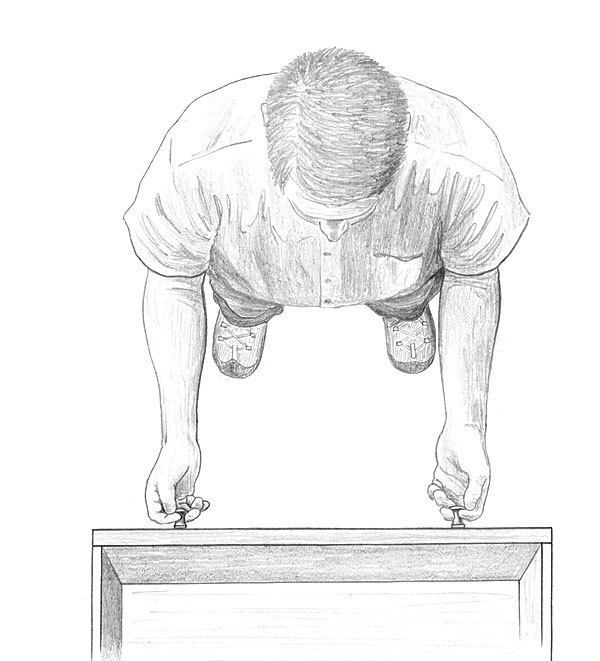
Synopsis: Drawer pulls are highly visible and can have a dramatic effect on the beauty of a piece of furniture. There’s plenty to say about which pulls go with which pieces, but this article focuses on where to put them. Placing a pull on a drawer front can be as simple as placing one pull in the center of one drawer, and as complex as spacing an array of shaped pulls so that they add to a piece’s overall look. It can be overwhelming, so we asked several successful furniture designers and makers for guidance: Christian Becksvoort, Gerald Curry, Garrett Hack, and Michael Fortune.
Drawers are made to be opened and closed, and that means every drawer needs a pull. And although attaching pulls is one of the last things you do when making a drawer, you can’t wait until then to think about the style of pull you’ll use and where on the drawer it will go. Because they are attached to the drawer fronts, pulls are highly visible and can have a dramatic effect on the beauty of a piece of furniture.
There’s plenty to say about which types of pulls go with which pieces, but this article will focus on where to put them. Placing a pull on a drawer front is not as simple as “put it in the center.” After all, it’s not exactly clear how you center something like a pendant pull. And of course some drawers need two pulls, which should be spaced so that they are comfortable to use. Then there is the visual pattern created by the overall array of pulls, and that is determined mostly by how you size and orient the drawers themselves.
When I started to think about everything it takes to place pulls just right, I was overwhelmed. That’s why I asked several successful furniture designers and makers for help. I not only learned some great basic guidelines, but also that there are situations you’ll have to take one at a time.
Learn from the classics
Gerald Curry’s reproduction of a Chippendale block-front chest of drawers is a perfect example of how the arrangement of drawers affects the array formed by their pulls. The brasses on each drawer form an arc. Because the drawers are graduated, the most dramatic arc is at the bottom and the most gentle at the top. The tighter arc on the bottom drawer complements the arc suggested by the bracket base, and the more relaxed arc on the top drawer transitions nicely to the straight line of the top.
From Fine Woodworking #215
For the full article, download the PDF below:
Fine Woodworking Recommended Products
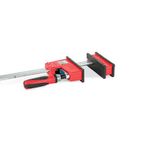
Bessey K-Body Parallel-Jaw Clamp
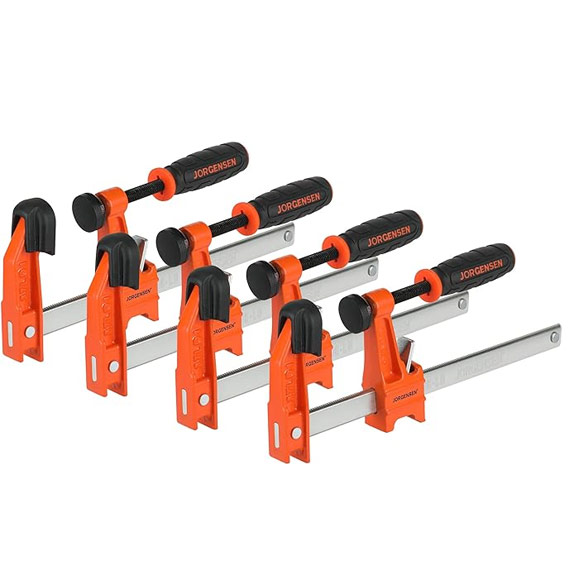
Jorgensen 6 inch Bar Clamp Set, 4 Pack
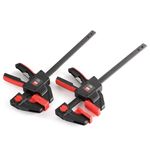
Bessey EKH Trigger Clamps



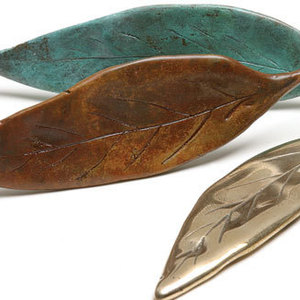








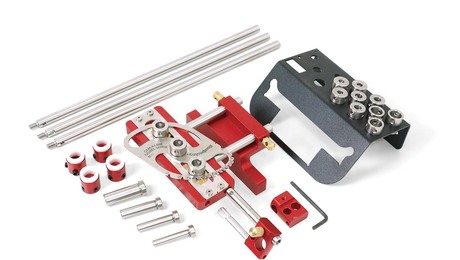
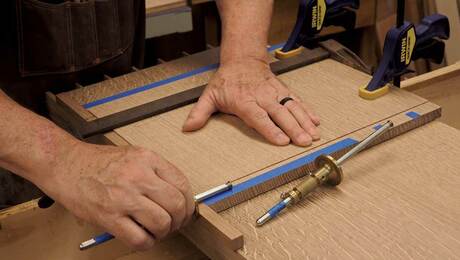








Log in or create an account to post a comment.
Sign up Log in